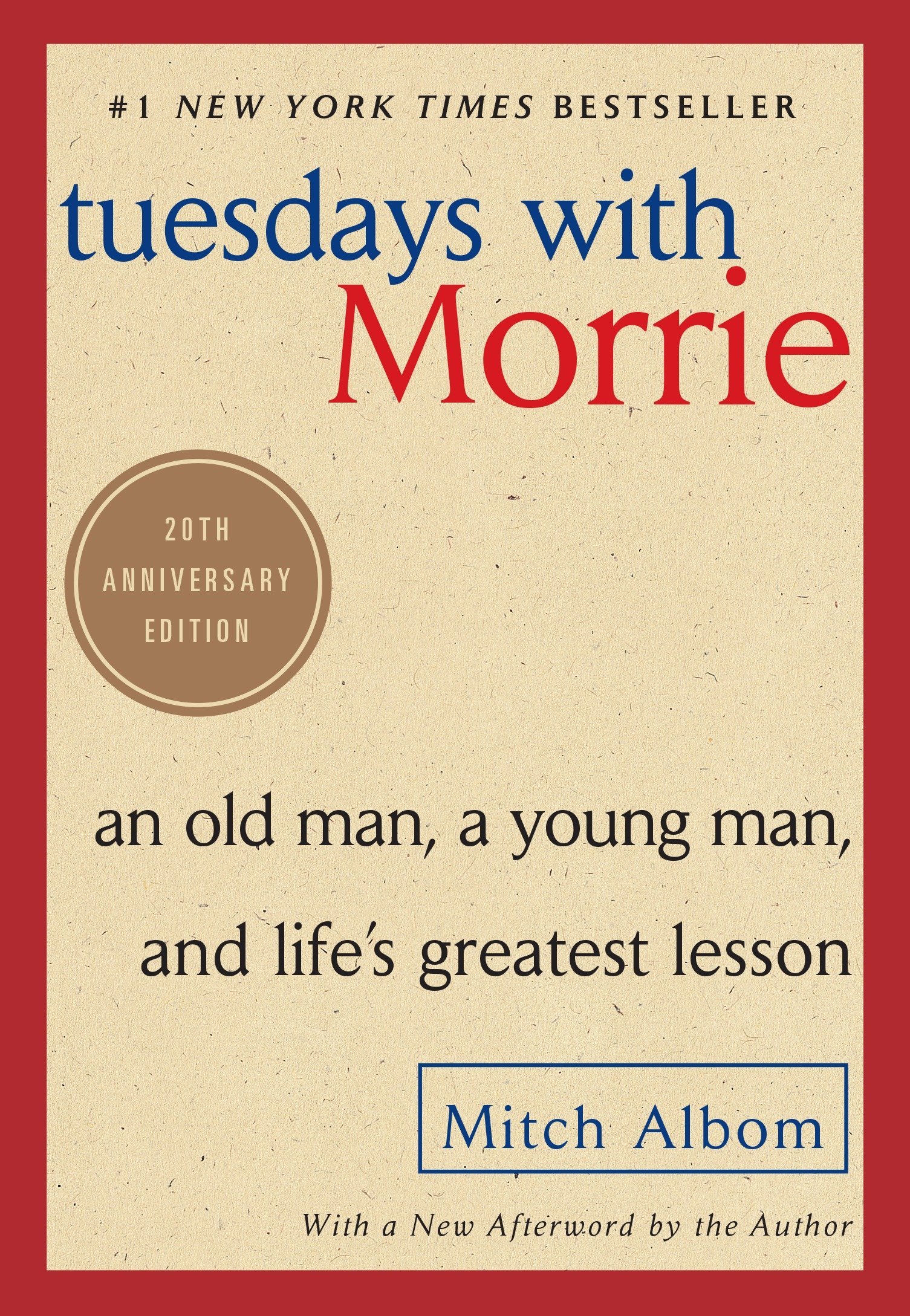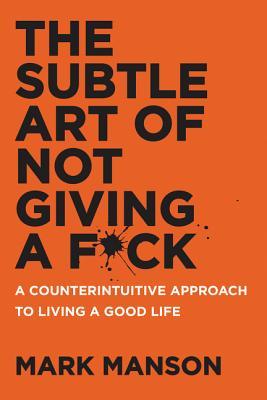
Rating: 8/10
Important Lessons from 'Tuesdays with Morrie'
"The way you get meaning into your life is to devote yourself to others, devote yourself to your community around you, and devote yourself to creating something that gives you purpose and meaning."
"You see, you closed your eyes. That was the difference. Sometimes you cannot believe what you see, you have to believe what you feel. And if you are ever going to have other people trust you, you must feel that you can trust them, too - even when you're in the dark. Even when you're falling."
"You see, you closed your eyes. That was the difference. Sometimes you cannot believe what you see, you have to believe what you feel. And if you are ever going to have other people trust you, you must feel that you can trust them, too - even when you're in the dark. Even when you're falling."
"The most important thing in life is to learn how to give out love, and to let it come in."
"Don't cling to things, because everything is impermanent."
"There are a few rules I know to be true about love and marriage: If you don't respect the other person, you're gonna have a lot of trouble. If you don't know how to compromise, you're gonna have a lot of trouble. If you can't talk openly about what goes on between you, you're gonna have a lot of trouble. And if you don't have a common set of values in life, you're gonna have a lot of trouble. Your values must be alike."
"Forgive yourself before you die. Then forgive others."
"As long as we can love each other, and remember the feeling of love we had, we can die without ever really going away. All the love you created is still there. All the memories are still there. You live on - in the hearts of everyone you have touched and nurtured while you were here."
"If you hold back your emotions - if you don't allow yourself to go all the way through them - you can never get to being detached, you're too busy being afraid. You're afraid of the pain, you're afraid of the grief. You're afraid of the vulnerability that loving entails. But by throwing yourself into these emotions, by allowing yourself to dive in, all the way, over your head even, you experience them fully and completely."
"If you hold back your emotions - if you don't allow yourself to go all the way through them - you can never get to being detached, you're too busy being afraid. You're afraid of the pain, you're afraid of the grief. You're afraid of the vulnerability that loving entails. But by throwing yourself into these emotions, by allowing yourself to dive in, all the way, over your head even, you experience them fully and completely."








